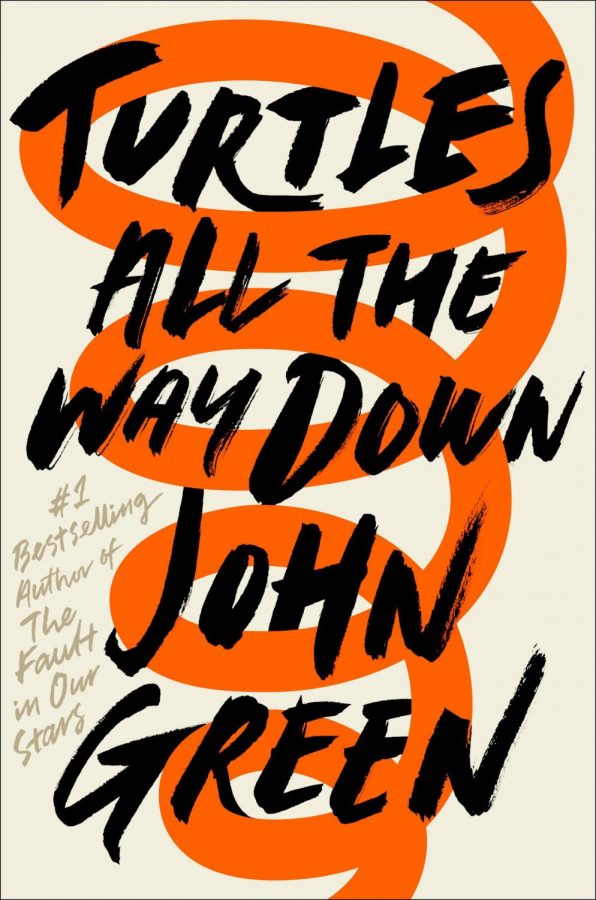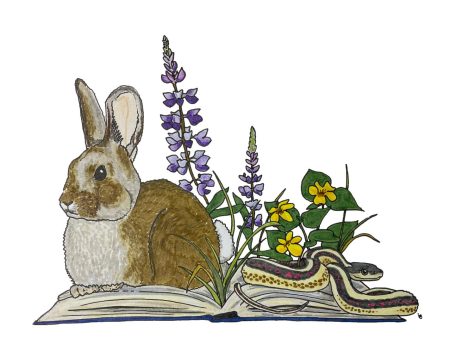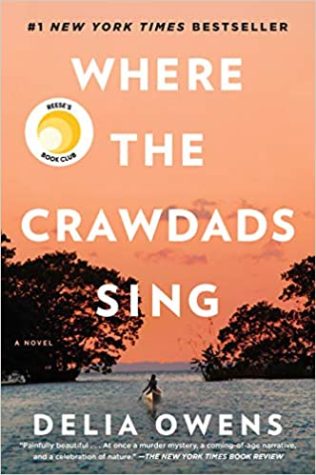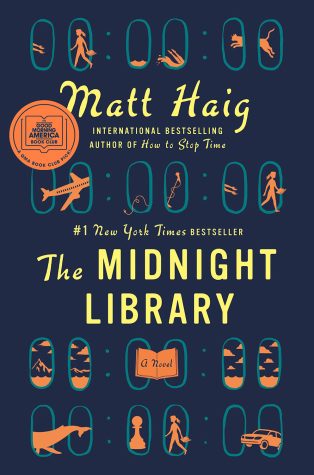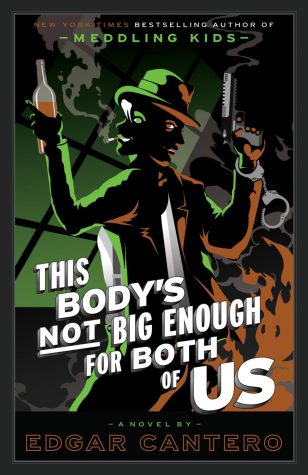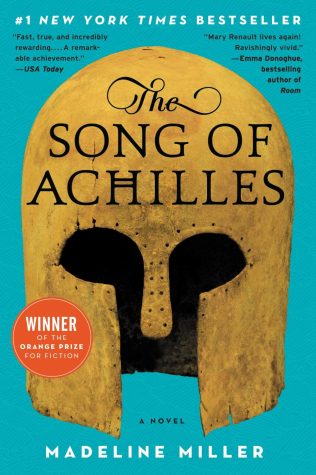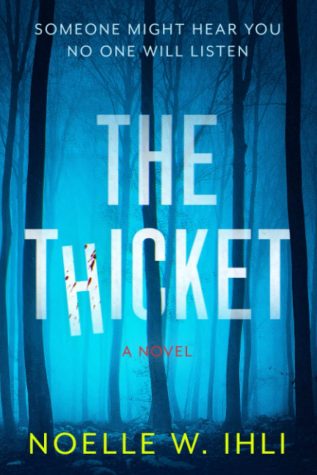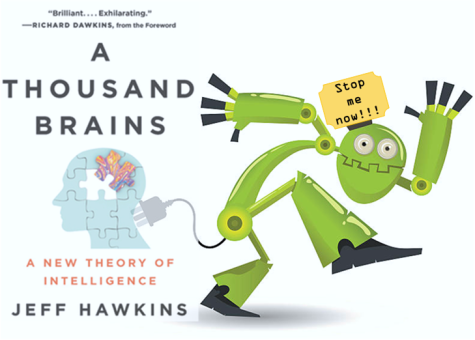Book review: ‘Turtles All the Way Down’ beautifully depicts anxiety, OCD
Realities of mental illness lived out by lovable characters
Characters in this novel reveal how life continues on as we work through our struggles.
September 23, 2021
John Green’s young adult novel, “Turtles All the Way Down,” is a refreshing contemporary piece filled with powerful quotes that disclose the raw and painful reality of living with a mental illness.
The novel follows Aza Holmes, a 16-year-old girl suffering from extreme anxiety and obsessive-compulsive disorder. The audience reads as she tries to navigate daily life within the tightening spiral of her own thoughts.
If you are unfamiliar with OCD, the mental illness is known to be coupled with intrusive thoughts, urges or images (i.e., obsessions) and repetitive behaviors or mental acts (i.e., compulsions).
Both aspects of the mental illness are present in the protagonist’s case. Holmes is completely repulsed by the ecosystem of bacteria, whether it rages inside or outside her.
She cannot stop obsessing about breeding microbes within her body or contracting an infection of clostridium difficile: a type of bacteria that causes colitis.
Holmes also has a self-inflicted cut on her finger she continuously reopens to drain and sanitize. This behavior grants her momentary relief from the stress of the possible bacteria seeping between the separated skins of her finger.
If you read solely for the plot line, I would not recommend this novel to you. The plot is rather ridiculous, but it helps illustrate the struggles Aza goes through and how she deals with them — which is the real reason to read this novel.
The premise is very simple: An Indianapolis billionaire skips town just before getting arrested for bribery and fraud. The police decide to offer a $100,000 reward to anyone willing to reveal his whereabouts.
Naturally, Aza knows the billionaire’s son, influencing her to visit him regarding his father’s location and to also rekindle their friendship, possibly leading to a blooming romance.
The highlight of this novel is the author’s ability to beautifully articulate the thoughts and feelings of being stuck in an infinite thought spiral.
One of my favorite quotes from the novel is: “The thing about a spiral is, if you follow it inward, it never actually ends. It just keeps tightening, infinitely.”
The quote encompasses how Aza feels throughout most of the book — feeling gradually more suffocated by the weight of her repetitive thoughts. This feeling can be found in those with OCD but also in those with extreme anxiety.
As someone who has anxiety, I can vouch I have experienced many of the symptoms present in this novel, which is why it hits so close to home. I understand and sympathize with Aza, and I hope other readers can too.
If you desire to learn more about the emotional turmoil that comes with mental illness, I urge you to check out “Turtles All the Way Down.” Just to warn you, though, you may be a little disappointed by the ending.
At first, I agreed. But in retrospect, I saw — and you will see — that the story could not have ended any better way.
I am leaving this book review with a quote for those of you who are sometimes stuck in an infinite thought spiral: “Spirals grow infinitely small the farther you follow them inward, but they also grow infinitely large the farther you follow them out.”

